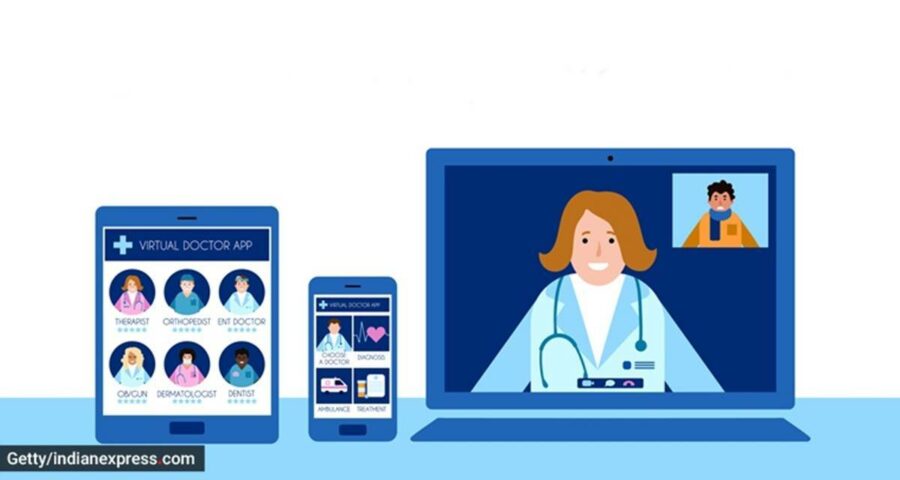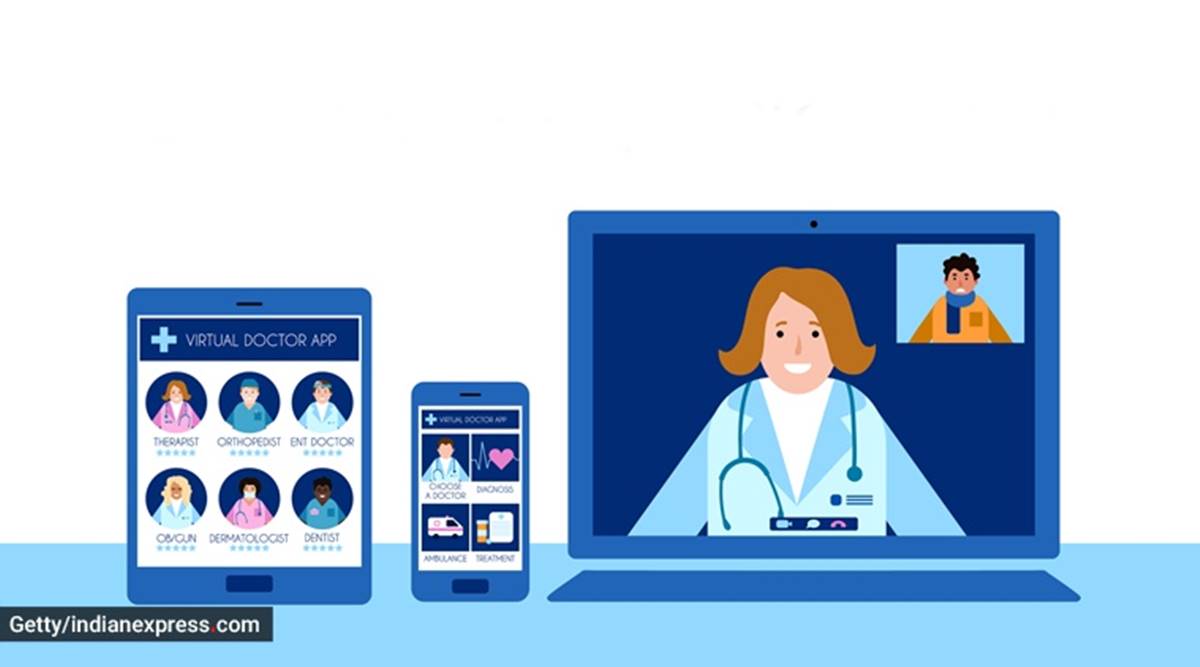The increased use of tele-consultations – in December, teleconsultations through the e-Sanjeevani platform touched one million – during the pandemic only highlights the use of digital technology in medicine.
Written by Arvind Gupta
In the last few years, it’s been extremely encouraging to see the push for bold reforms that integrate technology and new innovative tools to improve the quality of life for Indians. The development of IndiaStack and the JAM (Jan Dhan, Aadhaar and Mobile) trinity has been pivotal in transforming service delivery. The COVID-19 pandemic re-emphasised the need to reimagine our health system. The deployment of digital tools to address the impact of the pandemic on other health services is a watershed moment similar to the launch of Unified Payments Interface (UPI) which changed the banking and transaction system completely.
The Prime Minister, in keeping with his vision for universal health coverage, launched the National Digital Health Mission – a landmark move that is based on the principles of the India health stack and aims to connect the different touch-points of the health ecosystem, such as Health Information Provider to Health Information User to Consent Manager, through digital tools to provide affordable access to quality healthcare. The NDHM also aims to ensure that preventive and assistive healthcare come under the same broader umbrella.
Digital access to real-time data helps quicker and transparent decisions and such platforms are patient-friendly as well.
The increased use of tele-consultations – in December, teleconsultations through the e-Sanjeevani platform touched one million – during the pandemic only highlights the use of digital technology in medicine.
On the supply side, adoption of e-pharmacy models and artificial intelligence is helping the health system improve diagnostic accuracy. By digitising health records, the NDHM will play an important role in the long term by helping healthcare providers analyse and understand a person’s medical history. In the process, the power of data can be harnessed to aid in the analysis of samples and images to diagnose as well as drive better clinical decision-making.
Once data is recorded and available for analysis, it can help the systems triangulate both prevalence and genomic data to provide information on disease transmission and geospatial coverage. It would allow public health experts to judge the patterns and speed of transmission in real time and suggest deployment of disease control efforts. As India has embarked on a journey that puts it at the centre of the global COVID-19 vaccine effort and is all set to streamline the mammoth task of vaccinating its entire population, technology is once again set to drive the initiative — the CoWin app will manage data for vaccine recipients.
Innovative use of digital tools such as deep learning and cloud emergency response algorithms has significantly aided emergency room workers during the pandemic to reduce response time. The deployment of these artificial intelligence tools for all aspects of the health system, including triaging, diagnostics, among others, will substantially reduce delays, and, therefore, the costs associated with healthcare. Using such machine learning and artificial intelligence platforms could also help in analysing prescription vis-à-vis standard protocols and help in screening and triaging vulnerable groups around the area where the prescription was issued.
Digital transformation of healthcare is at the core of addressing issues such as resource limitations, a varied population mix, and an urgent need to increase medical reach. The 2021-22 Budget with an increased outlay of Rs 2.23 lakh crore builds upon the advancements of the past year and moves towards a holistic healthcare that focuses on preventive as well as curative wellness while developing primary, secondary and tertiary healthcare infrastructure.
As with every technology, there are certain checks and balances to ensure there is no misuse of the data. The government is working towards the development of the Personal Data Protection (PDP) platforms, post the passage of the PDP Bill, which will ensure that consent for use of data can only be sought with the defined purposes. In the interim, it is crucial to ensure that we utilise a two-way consent system with proper information shared with everyone. That is the simplest and best way to ensure data isn’t misused.
These alterations to the Indian health system, with the highest political commitment, are the start of a digital health revolution, and these policies could result in improved management of the healthcare sector, thereby helping people to live healthier and better lives.
The writer is a Founder-Member, iSPiRT, Digital India Foundation
Source: Read Full Article


